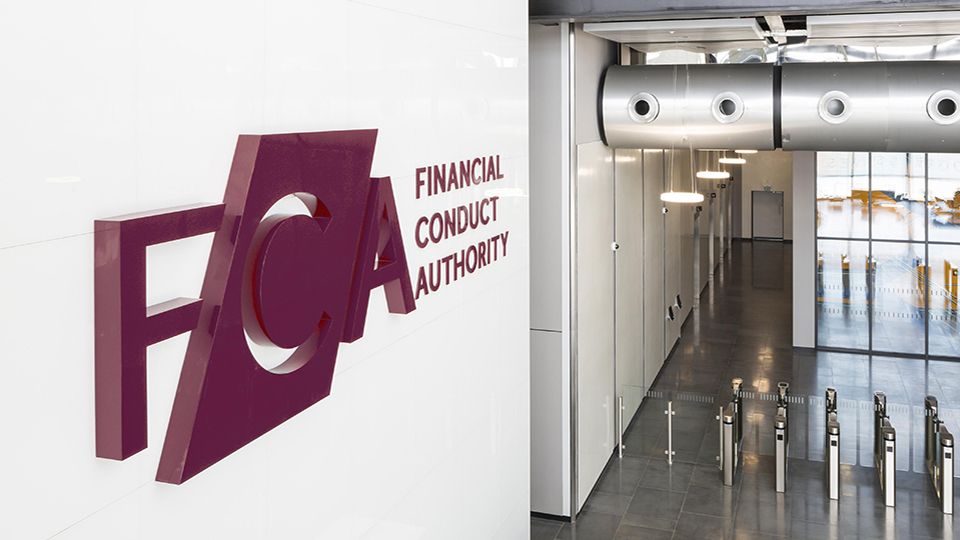The Financial Conduct Authority (FCA) has written an open letter to CEOs as it prepares to crack down on greenwashing in the alternatives space.
The financial watchdog says it will scrutinise hedge fund and private equity firms’ ESG claims as part of a regular review of its supervisory strategy and priorities.
Its priorities include the integrity of markets and market abuse, consumer needs and ESG. Nick Trost, head of asset management and pensions policy at the FCA, noted the significant growth in Alternative Investment Funds (AIFs) with stated ESG and sustainable objective and said the regulator recognises “the importance of this dynamic” as well as the challenges it presents.
So that investors have confidence in the products on offer, firms must ensure product documentation is clear, not misleading, and that their actions match the stated claims, the FCA said.
“Firms offering such products should expect to be subject to review to ensure marketing materials accurately describe their product, with funds offering clear and consistent disclosure,” the letter said.
Disclosure
In December 2021, the FCA required asset managers, including the largest authorised AIFMs, to make disclosures in line with the Taskforce on Climate-related Financial Disclosures. From 2023, this will also apply to AIFMs with assets under management of £5bn or more.
“The disclosures include both qualitative and quantitative elements at both entity and product level,” wrote Trost. “We expect in-scope firms to be considering what steps they will need to take to be able to make these disclosures from 2023 as required.”
In June, the FCA said it supported government proposals to bring ESG data and ratings providers within its remit for regulatory oversight, pointing to a “clear rationale” to do so.
In its latest letter, the FCA admitted its work on its priorities has been affected by wider events such as the pandemic, Brexit, and the end of Libor. It noted asset managers have also had to navigate these challenges, but have generally shown resilience and market integrity has been maintained.
Bad practice
Conflicts of interest within alternatives are also in the spotlight, with Trost saying the regulator has seen examples of firms bypassing their own processes to make sales or grow AUM, to the detriment of investors. He also noted that internal firm conflicts can lead to investor harm, such as when dominant shareholders make decisions independent of a firm’s governance structure.
It also reminded firms to keep investment suitability at top of mind, as “inappropriate distribution and marketing practices by firms targeting mainstream investors remains a concern.”
“We have seen examples of informal governance processes compounded by poor due diligence and inadequate investor categorisation leading to investors with a lower risk appetite accessing high risk products that may not match their objectives.”
In the coming months, the FCA plans to send a questionnaire to firms asking for information about their business model, products, investor categorisations and associated control framework. It will then follow up with those firms “exhibiting characteristics that increase the potential of consumer harm.”
“As part of this supervisory work, you will need to evidence the reasonable steps taken to ensure your firm’s target market is both appropriately defined and not exposed to an unsuitable level of risk, the letter said.








